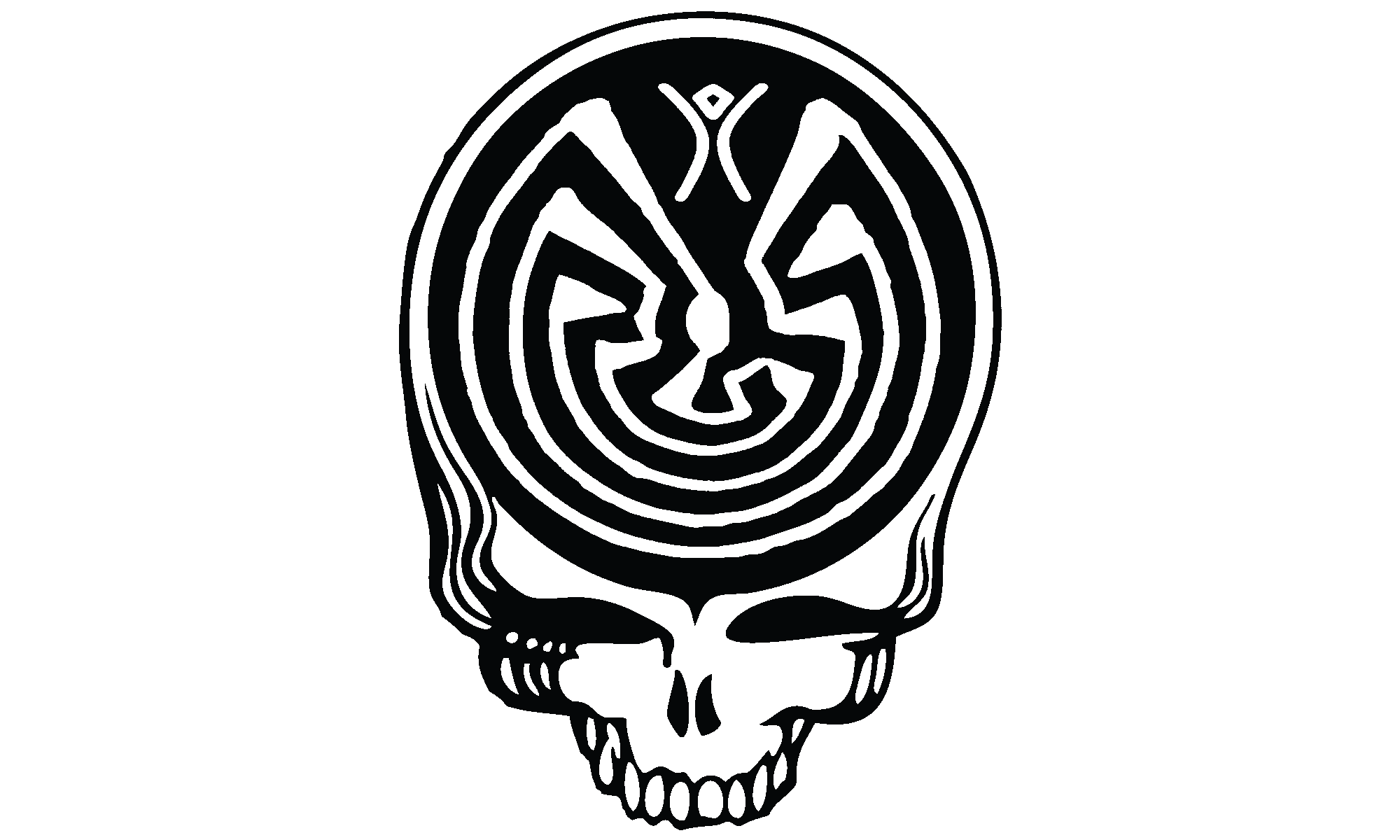The Indypendent » Kucinich on HR 1955
Democratic presidential hopeful Rep. Dennis Kucinich D-OH said that he believes the proposed Violent Radicalization and Homegrown Terrorism Prevention Act H.R. 1955/S. 1959 is unconstitutional.
Speaking to a crowd of supporters in New York City Nov. 29, Kucinich took several questions from the audience, including my question on why he voted against the bill. Kucinich was one of only six representatives to oppose the bill, which passed the House 404-6 on Oct. 23.
“If you understand what his bill does, it really sets the stage for further criminalization of protest,” Kucinich said. “This is the way our democracy little, by little, by little, is being stripped away from us. This bill, I believe, is a clear violation of the first amendment.”
Kucinich referred to the bill as the “thought crime bill,” when he explained in a joking fashion that, “We have freedom of speech. Thoughts, sometimes, proceed speech. There is usually a unity in thought, word and deed.”
The bill would create a National Commission, who would be charged with the task making legislative recommendations on how to prevent, disrupt and mitigate violent radicalization and homegrown terrorism. Many activists, scholars and civil liberties experts are worried that in order to prevent an act of “homegrown terrorism,” people who have radical or “extreme belief systems” would have to be monitored before a criminal act might occur. This, they surmise, would amount to unlawful surveillance of individuals who are critical to the Bush administration and those who hold power in the current economic and political system.
He pointed to the Animal Enterprise Terrorism Act AETA of 2006 as an example of another bill that, he says, also “criminalizes dissent.” According to the bill, anyone who engages in acts of “force, violence, or threats” that would interfere or cause damage to businesses engaged in animal enterprise, could be charged with a felony. This includes acts that could cause a “loss of profits” to the business. The businesses noted in the bill include, “a commercial or academic enterprise that uses or sells animals or animal products for profit, food or fiber production, agriculture, education, research, or testing; a zoo, aquarium, animal shelter, pet store, breeder, furrier, circus, or rodeo, or other lawful competitive animal event; or any fair or similar event intended to advance agricultural arts and sciences.”
Interestingly, like H.R. 1955, the AETA was also passed under the “suspension of the rules,” a provision that allows the House to quickly pass non-controversial bills. When the suspension was requested Nov. 16, 2006, only six members of the house were present for the vote. Kucinich was the only one to oppose the bill. He noted that the bill was, “written in such a way as to have a chilling effect on the exercise of the constitutional rights of protest…”
[ad#adsense-horizontal]
